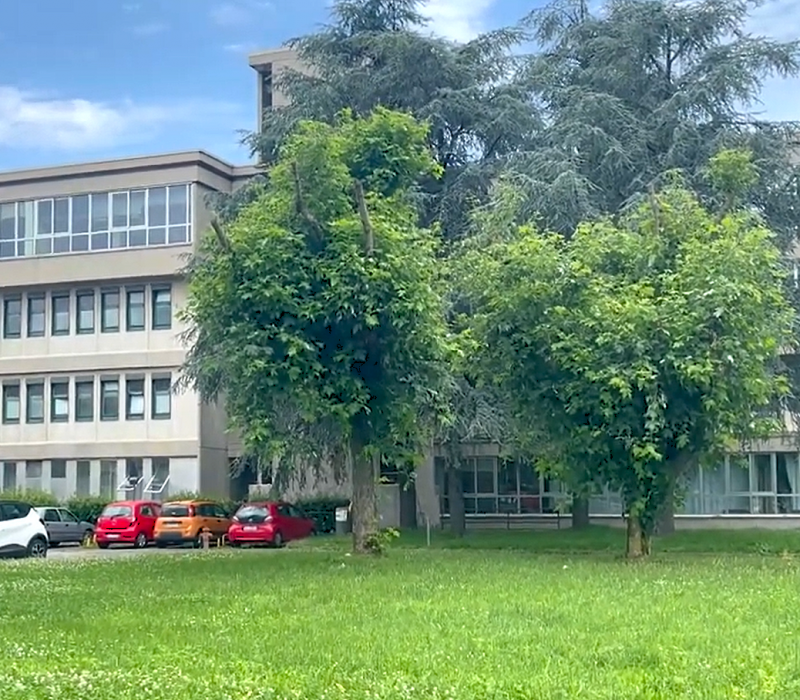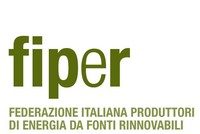Italy
24 November 2024
Switching off fossil fuels in Parco Nord Schools
Located in the Metropolitan City of Milan, the Parco Nord Schools serve 6,000 students and host a daily total of 7,000 people, including teaching and non-teaching staff. In 2017, the school required significant upgrades, but the city lacked the necessary resources. Carbotermo, member of Fiper, stepped in, proposing a comprehensive energy efficiency improvement intervention for the building, aiming to achieve significant economic savings and using those savings to pay for the investment over a medium-length period.
Founded in 1951, Carbotermo began as an energy manager using coal-powered plants. Initially, it provided energy mainly to residential buildings with coal. Over the years, it transitioned to diesel, then natural gas, and most recently, has introduced various renewable energy sources, primarily biomass, including wood chips, pellets, etc., depending on the size of the application.
The core of the Parco Nord project involved installing a 2 MW woodchip heating plant to replace two natural gas boilers. The original boilers had a combined power of over 4 MW, but due to increased efficiency, the new 2 MW system is sufficient.


Currently, the woodchips come from nearby areas and agricultural companies within the district. The school’s location within a park makes biomass the most natural and obvious solution, as park prunings could meet 70% of the school’s energy needs, and potentially go up to 100% with more careful management.
Carbotermo is also exploring the electrification through other renewables, despite some limitations. However, there is a substantial amount of agricultural and forestry by-products that should be used. For instance, the maintenance work in the park would find its destination and energy recovery within the park itself, eliminating the need for transportation.
Unused spaces, like the former canteen, have been renovated to create six new classrooms for relocating students during exterior work, ensuring minimal disruption for the students. These classrooms are permanently designed, each promoting a renewable energy message.
Carbotermo’s approach was not limited to energy efficiency, it also proposes a cultural change. Before commencing renovations, Carbotermo engaged teachers and students to foster energy-saving behaviours. Students are participating in a competition to design a totem summarizing the project, with the winning design to be implemented. Regular meetings are scheduled to keep students updated, involving companies working on various renovation aspects to explain their processes and decisions.
By embracing bioenergy and utilizing woodchips, the Parco Nord Schools set a precedent for sustainable practices in educational institutions, significantly reducing their carbon footprint and fostering a greener environment.

Italy
2024
Bioenergy Day:
24
November
Italy relied on Bioenergy for:
Story provided by:

